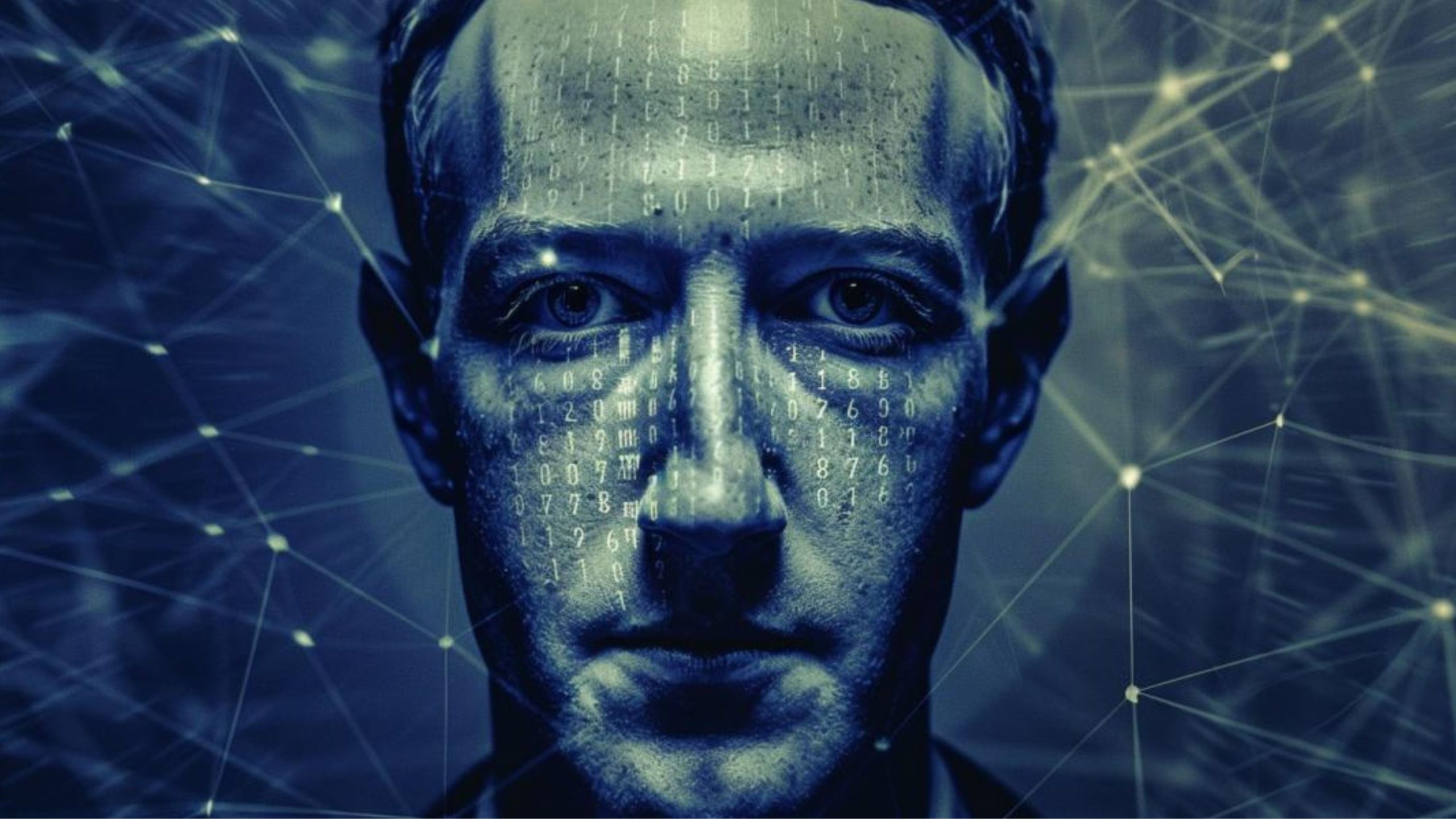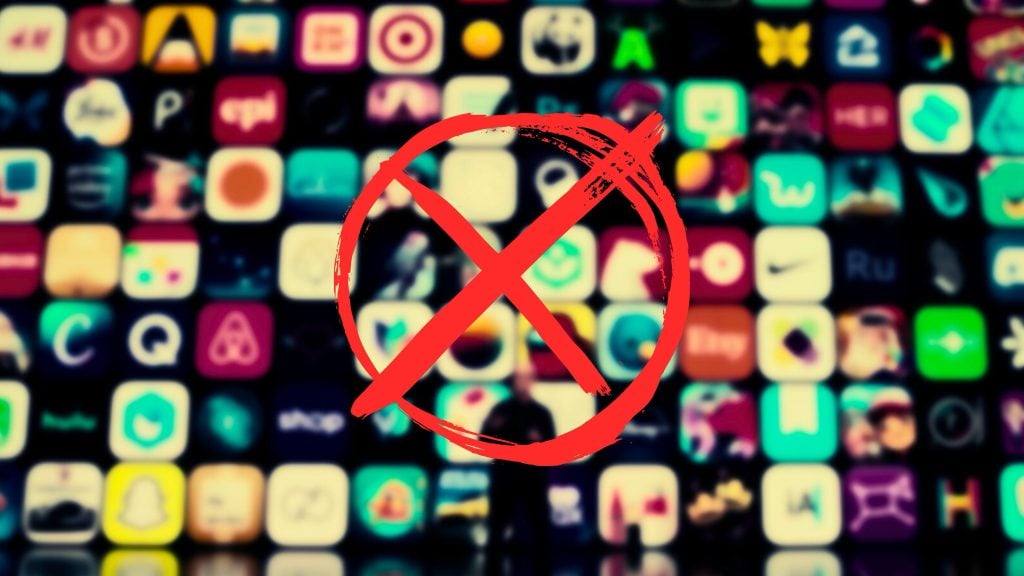Big Tech’s Global Internet Forum to Counter Terrorism (GIFCT) alliance, often accused of censorship of legal content, continues to face allegations about an ongoing lack of transparency regarding its operations.
Founded two years ago by Meta, Microsoft, then Twitter, and YouTube (Google), it now has 25 members, and the stated goal is to flag and remove violent content from the internet.
The latest development regarding to controversial group – other than the ongoing transparency issues – is X deciding to leave the GIFCT board.
Two major problems have emerged around GIFCT’s activities and influence on the web: transparency, including around funding, and having a system in place that makes sure legal, non-violent content – such as that actually opposing terrorism, satire, media reports, etc – doesn’t get caught in the GIFTC net as well, resulting in censorship.
But, not one of the 25 members publicly shares how much content is removed (due to hash matches). Yet some idea of the size of the operation can be gleaned from YouTube’s contribution to the GIFCT database last year alone: 45,000 hashes.
There is also no information available about the number of appeals users lodge against content removal resulting from this process. It’s also unknown how many hashes are added by the companies themselves, and how many come from the government or researchers.
And apparently, GIFCT itself isn’t sure how many companies automate hash-sharing or flagging and removing content based on matches, and how many employ humans to do it.
The obscurity in which GIFCT labors is quite extraordinary, even by Big Tech standards: it is not known how many companies use the said database, and there is no independent auditing or internal review of the alliances’s work. In 2021, the BSR consultancy was hired to produce “a human rights impact assessment.”
47 changes were recommended, but the GIFCT board has not yet implemented any. And while at it – not even the founding four have always accepted suggestions coming from an independent advisory committee within GIFCT.
Then there’s the grants, which some suspect can be seen as subsidies for Big Tech. In which case – another instance of Big Tech-government collusion?










